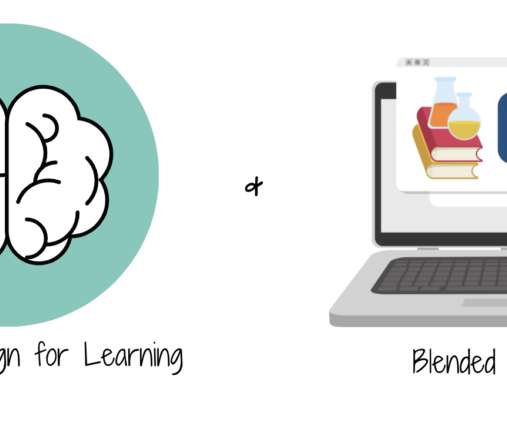Universal Design for Learning and Blended Learning: Engagement
Catlin Tucker
SEPTEMBER 7, 2020
Engagement Active involvement in learning that is relevant, valuable, and interesting Representation Access to multiple ways to experience or receive information Action and Expression Set goals, monitor and track progress toward goals, engage in metacognitive skill-building through self-assessment and demonstrate knowledge in a variety of ways.

















Let's personalize your content